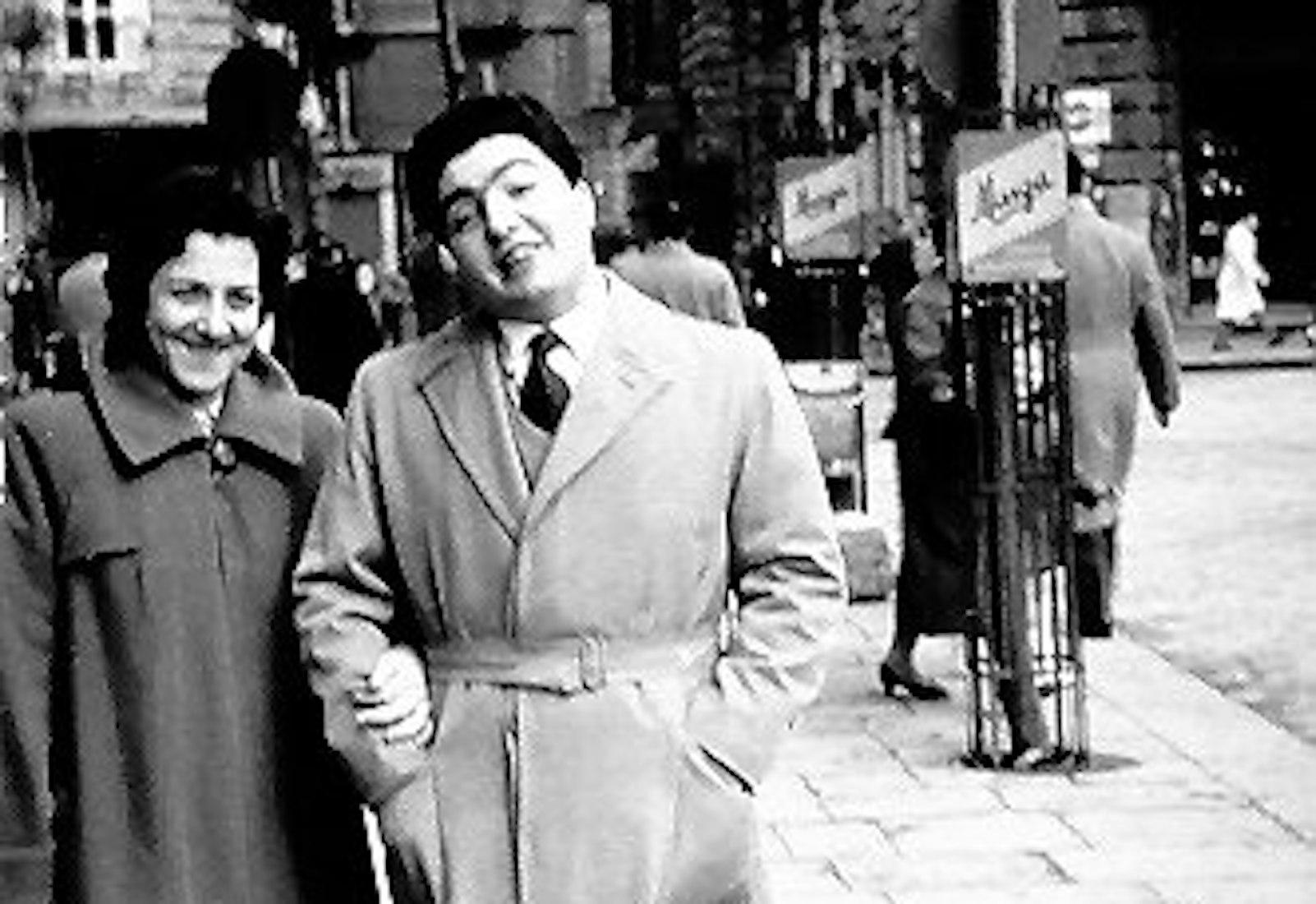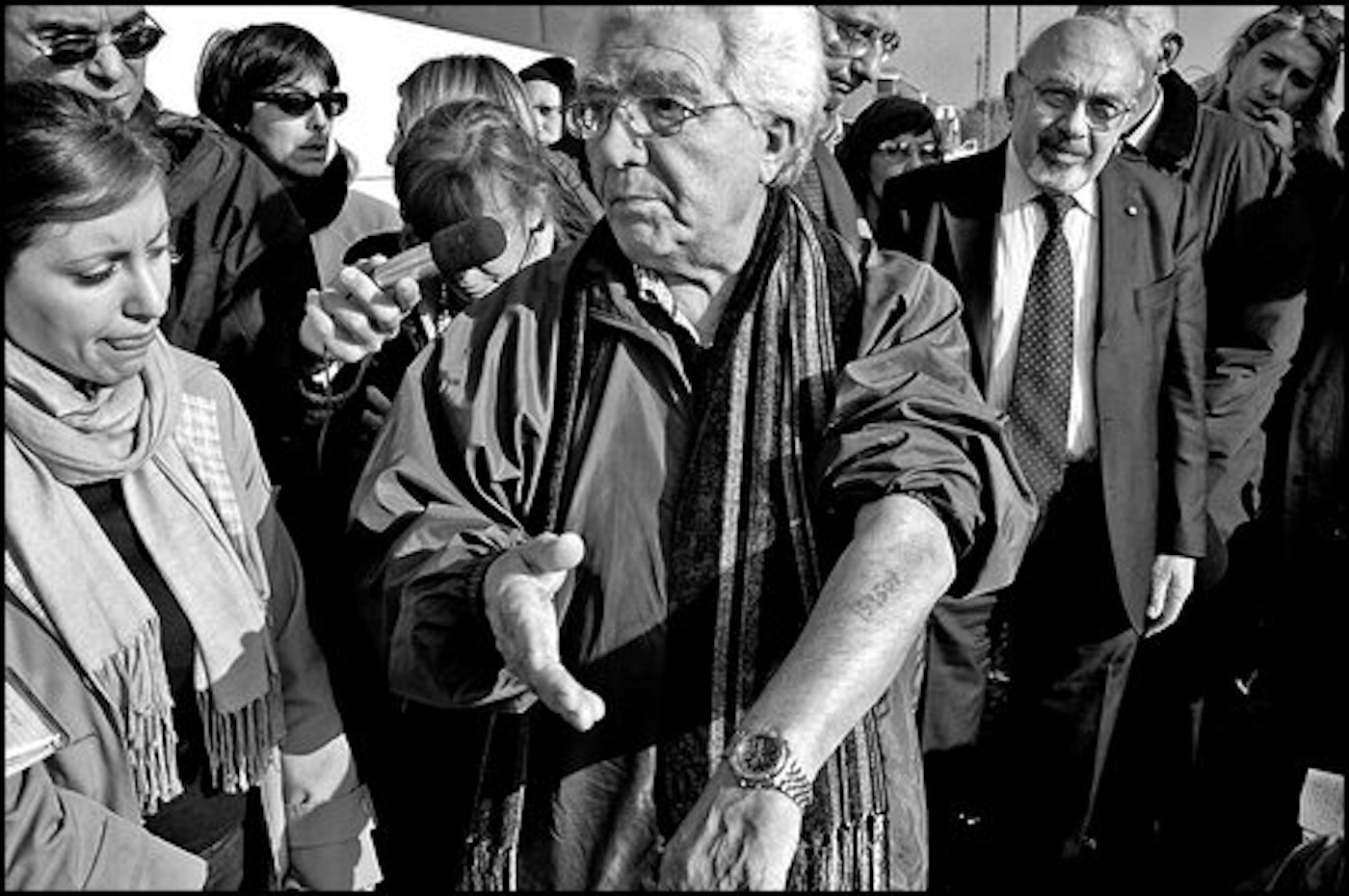Shared by Italo Camerino

Growing up in the 1950s in Montreal, Italo Camerino remembers his father Enzo going to the fishmonger and asking for fish eggs that were typically discarded. He would take them home and drop them into vinegar to make an Italian delicacy or cure them and make bottarga, which brightens dishes with a smack of the sea. At home, where both of his parents cooked, there was roasted lamb, chicken and celery meatballs, fried zucchini with fresh herbs and vinegar, and pasta with tomato and tuna — all recipes from Rome’s Jewish community. “Everyone wanted to come to our house,” Italo says of his friends.
There were also dishes that the family loved, but couldn’t find the ingredients for in Montreal at the time. Those recipes were reserved for visits to Rome and the years when the family relocated there for a stretch when Italo was little. Italo’s aunt Graziella, who owned a longstanding kosher restaurant in the Roman ghetto called Da Luciano, would prepare his favorites including alicotti con indivia, or bitter greens cooked with anchovies.
The recipes and Italo’s family have deep roots in the Eternal City’s Jewish community, which itself is more than two thousand years old, making it one of the oldest continuous Jewish communities in the world. Italo’s mother’s family, the Pontecorvo’s, trace their lineage in Rome back to the Inquisition.
Life for both families was sharply interrupted during World War II. On October 16, 1943, when the ghetto was raided by Nazi soldiers, Enzo and his brother Luciano were tipped off by an Italian soldier, but decided to stay with their parents and were ultimately deported to Auschwitz, where several family members perished. Italo’s mother Silvana escaped the raid because her family had recently moved and when the Nazi soldiers checked records for Jewish homes, their new address wasn’t listed. She and her mother survived the war hiding in the country.
Enzo and Silvana both returned to Rome after the war, but in 1957, they left for Montreal. “My father was a survivor and he didn’t like being there because it reminded him too much of what he had lost. He lost his parents, he lost his sister, he lost a lot,” Italo explains. Still, the war didn’t overshadow Italo’s childhood. His father was adventurous and optimistic. And even though he chose to leave Rome, “Italy was always best,” Italo explains.
In Montreal, Silvana and Enzo kept their Roman Jewish recipes simmering on the stove — just as Italo does today — connecting them to Rome.

